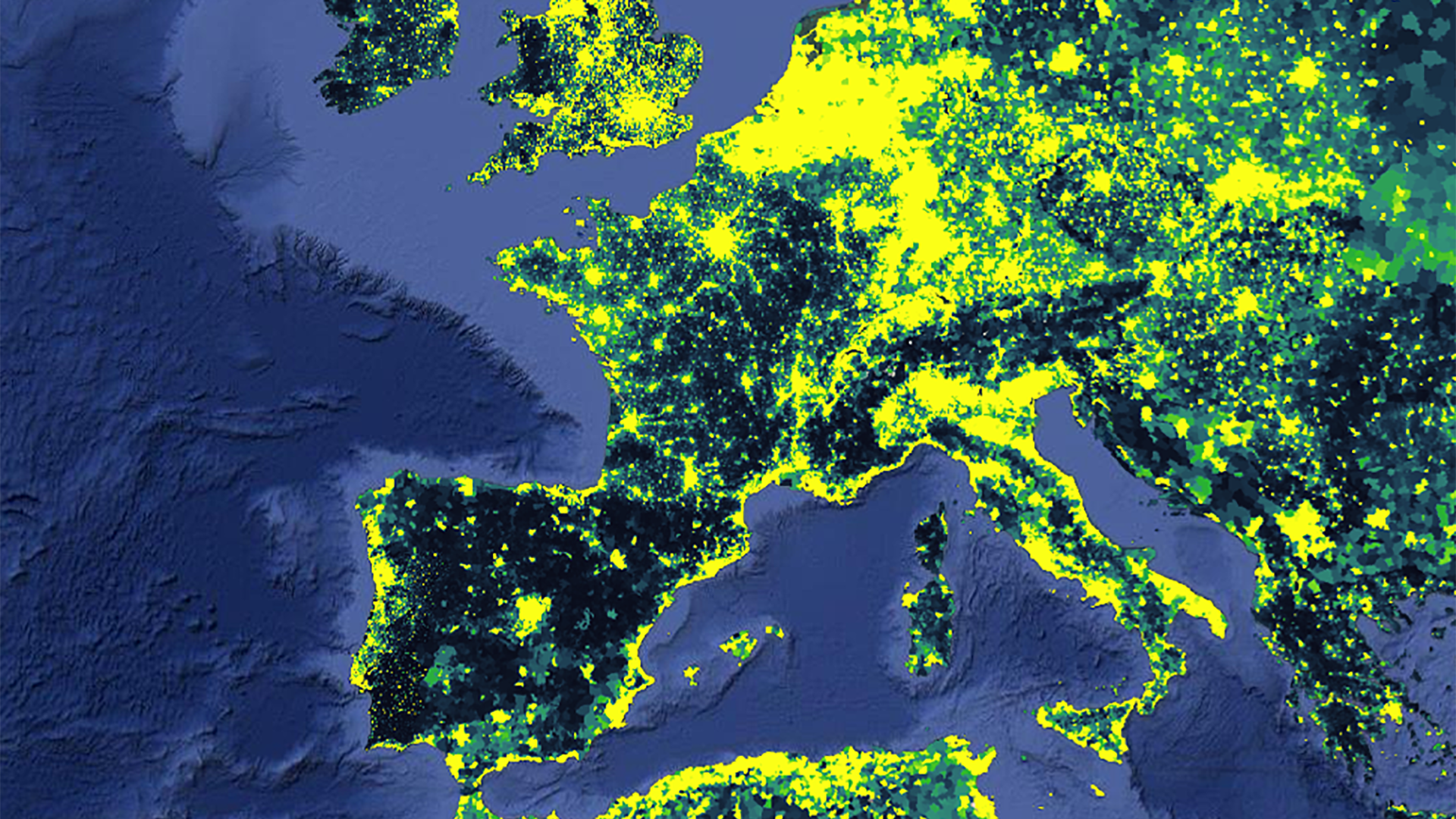Western Europe Health & Air Quality II

An Interactive Model of Mosquito Presence and Distribution to Assist Vector-Borne Disease Management in Western Europe
Vector-borne diseases, caused by pathogens and parasites, are transmitted through living organism carriers known as vectors. Mosquitoes are the most common disease vectors and transmit illnesses such as Zika, West Nile, chikungunya, malaria, dengue, and yellow fever. These diseases affect millions of people around the world and kill more than one million people each year. While vector-borne disease outbreaks are difficult to predict, the Global Mosquito Alert Consortium strives to monitor and mitigate outbreaks through research and citizen science. This approach presents several challenges, including a lack of data standardization across different regions. During the first term of this project, the MaxEnt habitat modeling software was used to combine several environmental factors with mosquito presence points extracted from citizen science data to determine which variables are correlated with the presence of mosquitoes. During the second term, the NASA DEVELOP team utilized NASA Earth observations and the Global Mosquito Alert Consortium's citizen science data to create an interactive, open source map on Google Earth Engine to improve prediction models for vector-borne diseases.
Project Video:
Mobile Mosquito Mapping
- Location
- Maryland - Goddard
- Term
- Spring 2018
- Partner(s)
- Global Mosquito Alert Consortium
The Woodrow Wilson International Center for Scholars
Citizen Science Association
European Citizen Science Association
Institute for Global Environmental Strategies
Wageningen University
Sapienza Università Di Roma - NASA Earth Observations
- Terra, MODIS
Aqua, MODIS
GPM, IMERG
SRTM - Team
- Gia Mancini (Project Lead)
Julia Heslin
Victor Lenske
Dr. Sara Lubkin
Luisa Silva - Advisor(s)
- Dr. Assaf Anyamba (Universities Space Research Association, NASA Goddard Space Flight Center)
Dr. John Bolten (NASA Goddard Space Flight Center)
Alison Thieme (University of Maryland) - Project Materials Poster PDF